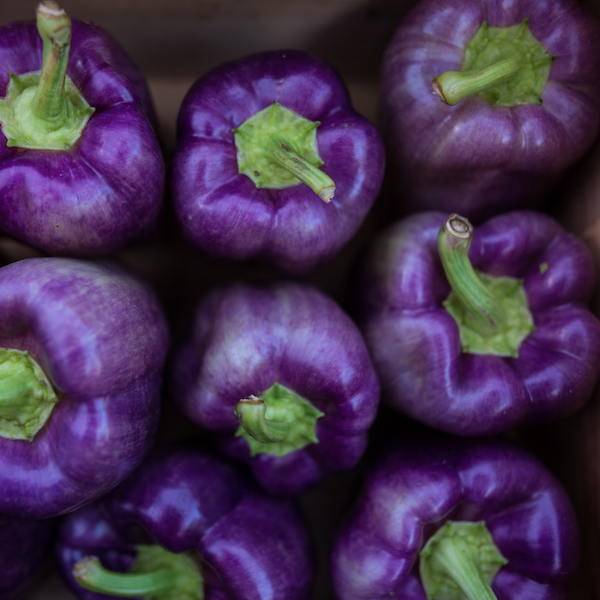I became a dietitian in 1995, and at that time I was as far removed from agriculture as one can get. You see, I wasn’t trained to know about how our food is grown, how food gets from the farm to our supper table, and why water quality matters to health. I felt well-armed with health care models based on nutrition science and all the technical skills needed. I was able to assess the dietary needs of my patients. With ease, I tracked how much they ate and drank each day, assessed their body weight and determined their nutritional needs accordingly. I was making sure they were not eating too much or too little of individual vitamins or minerals, and of course I was calorie-counting for the treatment of many illnesses and diseases. I still know all about macronutrients, I can calculate the exact amount of protein one needs in a day, and I know how to prevent essential fatty acid deficiency in critical illness.
But when one of my elderly patients asked for some food that wasn’t allowed on her diet and then died the next day without that one last bite of what she once enjoyed … well, everything changed. All my well-intended medical nutrition interventions were too little, too late. Food is what really matters—whole, safely grown, culturally determined, and thoughtfully prepared foods created with taste and flavor in mind. Foods are so much more than just the nutrients they contain.
By 2000, I set out to re-educate myself by seeking mentors and professional trainings with like-minded dietitians. I found HEN, a registered dietetics professionals practice group that is part of the Academy of Nutrition and Dietetics. HEN stands for Hunger and Environmental Nutrition. My transition was a professional and personal journey that moved me from the world of sick-care and treating illness though medical-prescribed diets to health promotion and disease prevention based on local food systems. My fellow HENs and I visited farms, talked to farmers, studied soil science and woke up to the fact that the nutrition and health messages we sometimes listened to were carefully crafted by a food manufacturers marketing team, not health scientists.
We studied food policy, the farm bill and followed the money within our own professional organizations to determine who “owned” the food and nutrition messages pervasive in our society. Just as sunlight makes our foods grow and thrive, I too have grown and transformed as a HEN dietitian. While clinical dietetics and nutrition in hospital settings remains a vital part of medical treatment and healthcare, I’ve decided to move into the world of community nutrition full time.
In October, I joined the staff at the Groundwork Center for Resilient Communities to advance the work of connecting the dots between farms, food and health. We will be creating more opportunities for healthcare providers and our community members to get back in touch with the simple pleasures and many benefits—health, economic, and community—of enjoying Michigan-grown or produced foods. We are facilitating education, cooking, and community conversations in partnership with Munson Healthcare and the Great Lakes Culinary Institute, including a March 14 Culinary Medicine event. I’m looking forward to 2019 and am eager to continue to grow and learn with colleagues, and farmers, in northwest Lower Michigan.
Paula Martin, MS, RDN, LDN is a food and farming policy specialist at the Groundwork Center for Resilient Communities and provides community health coordination for Taste the Local Difference. Paula is the founder of Health Served Well, LLC. Find a HEN Dietitian at https://www.eatright.org/find-an-expert. Reach Paula at paula@groundworkcenter.org
This piece first ran in the Record-Eagle Agriculture Forum, December 15, 2018.




